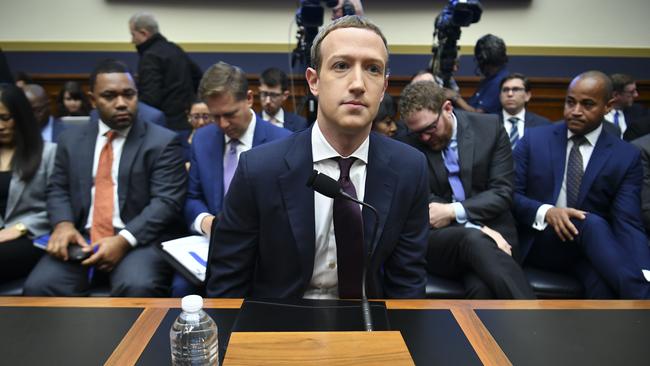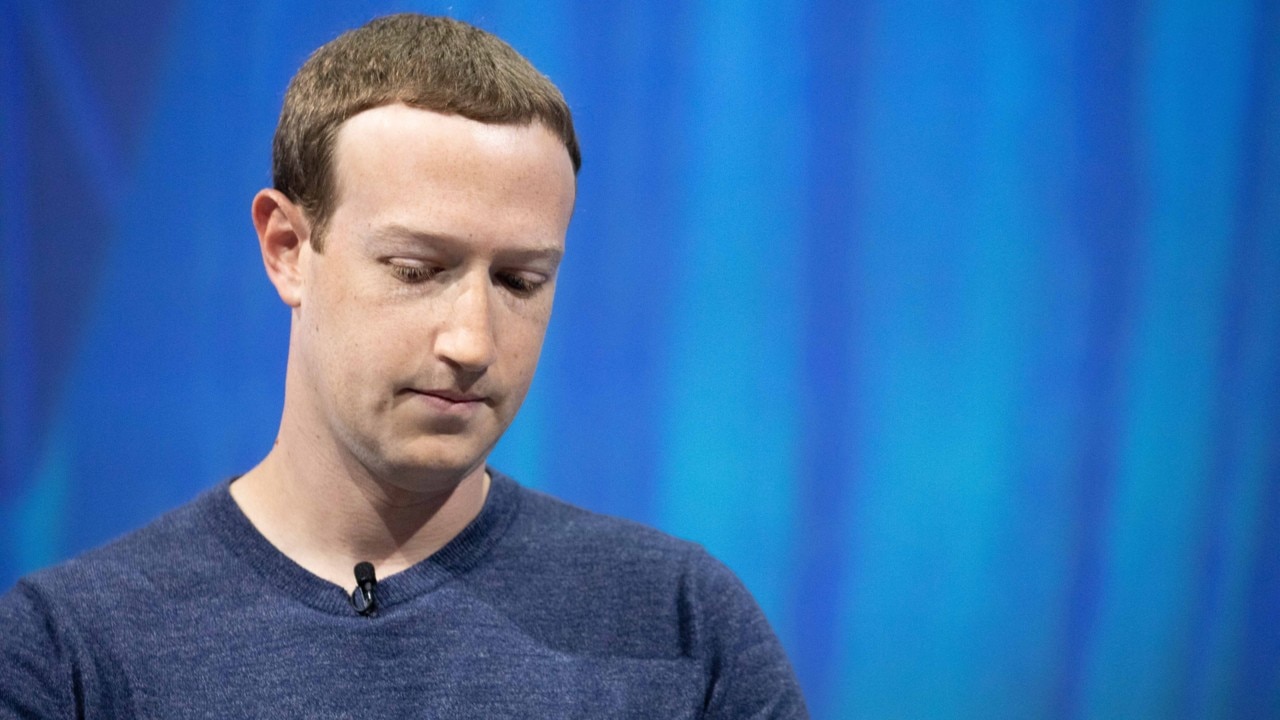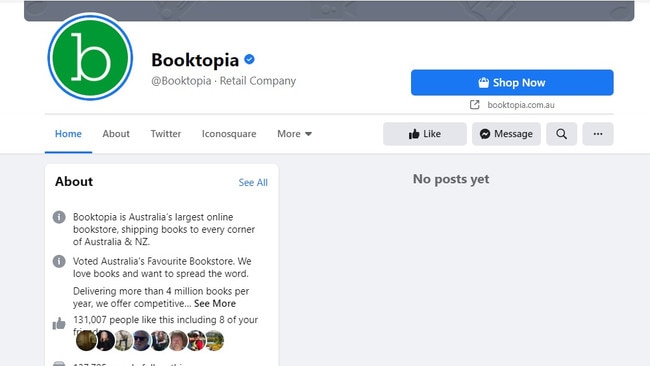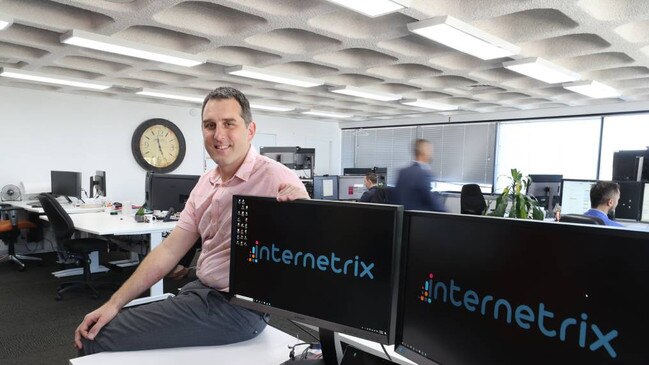Facebook: what’s the alternative?
It’s time for Australian businesses and services to develop a Plan B to rid themselves from an utter dependence on Facebook.

It’s time for Australian businesses and services to develop a Plan B to rid themselves from an utter dependence on Facebook.
That’s the take out from Facebook’s poorly executed ban on Australian news on its platform.
In pulling the pin on Australian mainstream media sites, Facebook’s algorithms also vacuumed up content on emergency services sites, on sites about health and domestic violence, the weather, suburban newsletters, Indigenous news and community health — the list goes on and on.
Even a music podcaster found all his online material unceremoniously deleted.
Facebook said it would correct this algorithmic overreach but some sites, such as online bookstore Booktopia, are still waiting. Booktopia said its page had been regularly updated since 2009 and had nearly 130,000 followers. That’s 12 years of cultivating readers on Facebook, now in limbo.
Chief Marketing Officer Steffen Daleng told The Australian the Facebook site had become a portal for local authors to meet their audiences during the pandemic.
On the night before the ban, it streamed live an interview with Sydney journalist Julia Baird and planned to promote it the next morning, but the bookstore’s posts disappeared overnight.

Mr Daleng had no idea when Booktopia’s content would reappear. He subsequently heard he would have to apply to Facebook to have it restored and had filled out a form.
The online bookstore issued a plea this week. “On behalf of the Australian bookselling and publishing industry, we‘re asking Facebook to recognise that their action has had severe implications for communities that they haven’t considered, and to reinstate page content as swiftly as possible.”
However, all its Facebook posts were still missing as at Friday evening, at the time of publication.
It’s not necessarily free for businesses with a Facebook page to contact all their followers they have built up over the years. One business told The Australian they pay about $8 per 1000 followers to “promote” a post to reach them all, although the cost varies with the industry. It doesn’t sound much but if you have 130,000 followers, it calculates to a four figure sum. It may be why Booktopia doesn’t use that facility much.
Mr Daleng said that Booktopia fortunately had diversified its social media presence to include Instagram and YouTube which softened the blow.
We have learnt several things from this Facebook debacle. First, this $1 trillion technology company has a lousy skill set when it comes to executing a major IT service change affecting millions.

Tech firms typically warn users months ahead of a major service change that will impact them personally. That’s common courtesy and makes business sense. Facebook had said it might pull the plug on news, but never said it definitely would. And no one, even Facebook, predicted the scope of sites impacted. Everyone was caught unaware early on Thursday.
Secondly, and disturbingly, we learnt the alarming degree of dependence that Australian organisations across the country have on Facebook which they use as their main gateway for communicating with the public. Few thought that dependence was so ubiquitous.
Since Thursday, Facebook has acted to restore some content and Treasurer Josh Frydenberg has spoken several times with CEO Mark Zuckerberg to stress the vital importance of Australian services impacted.
There is now an imperative to address, our unhealthy dependence on one monopolistic platform for information, a platform that seems to show little genuine regard for the community.
Analysts say a change to de-emphasise Facebook can be a gradual rather than a nuclear process.
Mathew Hayward from Monash Business School’s Department of Management said Facebook had played “an incredibly dangerous game” wiping out content from community sites.

“They’re overreaching because at the end of the day Facebook is entirely dependent upon community support, particularly government support. These platforms can lose users just as quickly or if not more quickly than they gain them,” he said.
Professor Hayward said the first step in a Plan B would be for organisations to stop promoting a “connect to us through Facebook” option and instead nominate a direct website link.
They could also say they were available on social media generally and explore using other social media platforms. Professor Hayward said the Chinese community preferred WeChat. Diversifying to YouTube and Instagram like Booktopia did could help.
They could build an attractive, modern website or get together with like-minded businesses and build a web portal that offers a one-stop shop for services.
Professor Hayward cited the AFL platform as a one-stop shop for information and links to all club sites and services.
Purpose built apps can replicate this approach on mobile.
He said Australian news organisations could pool their resources to build a single portal for Australian news. “I’m incredibly surprised that hasn‘t already happened to be honest with you.”
One suggestion has been a single social-media style news portal sponsored by Australian news organisation, a Facebook replacement owned by them collectively. A user would have a single sign in, curate their own news feed content, have news buddies as they do Facebook friends, post, comment, like, share, and recommend.
Each news organisation could have its own subsite, and news links would point back to original news sites. If millions of Australians signed up, the user base could replicate the power of local audience reach on Facebook without the middle man.
Internetrix, for 20 years a Wollongong-based software firm, builds portals for business. It could be a general site for shops in a suburb, a chain of restaurants or services offered by a council.

Managing director Daniel Rowan said portals had come a long way and these days offered the same sophisticated functions available on social media sites.
“All of the features that you’ve got on Facebook, a thumbs up and resharing, commenting, all of that can be seamlessly done in the browser,” he said.
He gave the example of building a modern bespoke portal for a Chinatown. It would go beyond guides and have links to shops and restaurants.
“It (a portal) can be a place that joins business, pleasure, food and emergency and government services, all in one spot.” He said it could include banks and live transport options. All can be accessed through one link.
“Rather than going through an American social media network, it would offer the equivalent, or something similar in concept, but be more of a localised portal.”
It may seem going back to the future, but a sophisticated 2020s web presence offers a sense of independence from a monopolistic social media network that can withdraw its services at a whim.




To join the conversation, please log in. Don't have an account? Register
Join the conversation, you are commenting as Logout